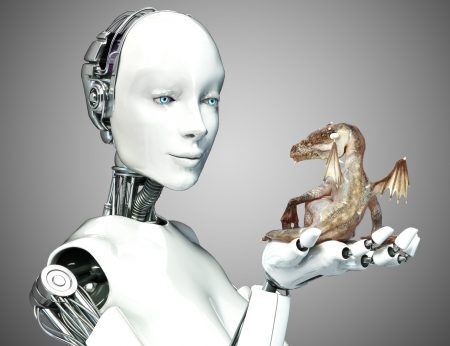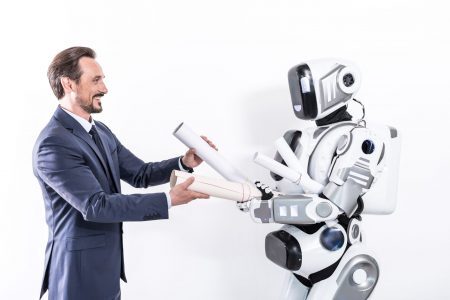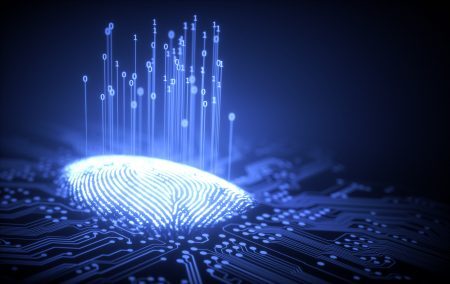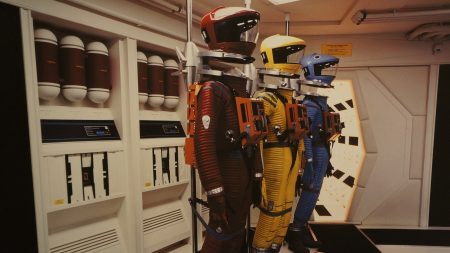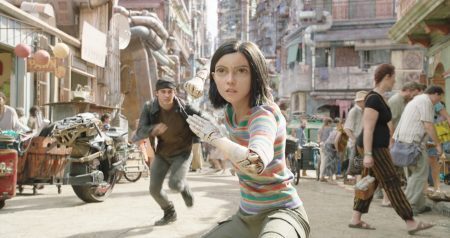Emotion AI works on teaching robots how to feel empathy. Google AI stories are about how AI is helping people solve problems. Experts race to predict how we will be living with AI in the near future.
Search Results: learning (857)
We educational technologists often have cybersecurity discussions with students, parents and teachers with digital fluency levels ranging from expert to little-to-no knowledge.
As parents and teachers we can understandably be fearful of the role of technology in kids’ lives, however this can sometimes be a barrier to student learning.
It’s a parent’s responsibility to protect their children from harm, no matter where that threat of harm comes from. But what if the threat is a hoax?
We’ve seen recently a rollercoaster of panic from parents trying to protect their kids from a supposed online threat known as the Momo challenge, that has for months been debunked as a hoax.
Facebook’s founder and CEO Mark Zuckerberg’s latest promise is that his social media conglomerate will become a “privacy-focused” one. By turns lauded and lambasted, this move does not quite address users’ primary problems with the company.
Some people suggest these tasks should be automated, as machines do not get bored, tired or distracted over time. However, computer vision algorithms tasked to recognize faces could also make mistakes. As my research has found, together, machines and humans could do much better.
Despite what every spy movie in the past 30 years would have you think, fingerprint and face scanners used to unlock your smartphone or other devices aren’t nearly as secure as they’re made out to be.
While it’s not great if your password is made public in a data breach, at least you can easily change it. If the scan of your fingerprint or face – known as “biometric template data” – is revealed in the same way, you could be in real trouble. After all, you can’t get a new fingerprint or face.
Given that we want to incorporate robots into our social world, it’s no wonder that creating a sense of self in artificial intelligence (AI) is one of the ultimate goals for researchers in the field. If these machines are to be our carers or companions, they must inevitably have an ability to put themselves in our shoes. While scientists are still a long way from creating robots with a human-like sense of self, they are getting closer.
Have you ever searched for a product online in the morning and gone back to look at it again in…
Of all the fictional virtual assistants we know from pop culture, few stand up to the original and perhaps most famous: the HAL 9000 from the 1968 Stanley Kubrick film 2001: A Space Odyssey.
We should probably be thankful for that. After all, Alexa may shut your lights off, but she won’t turn against you and wreak havoc on your life. Or will she?
Alita: Battle Angel is an interesting and wild ride, jam-packed full of concepts around cybernetics, dystopian futures and cyberpunk themes.
The film – in cinemas from today – revolves around Alita (Rosa Salazar), a female cyborg (with original human brain) that is recovered by cybernetic doctor Dyson Ido (Christoph Waltz) and brought into the world of the future (the film is set in 2563).

